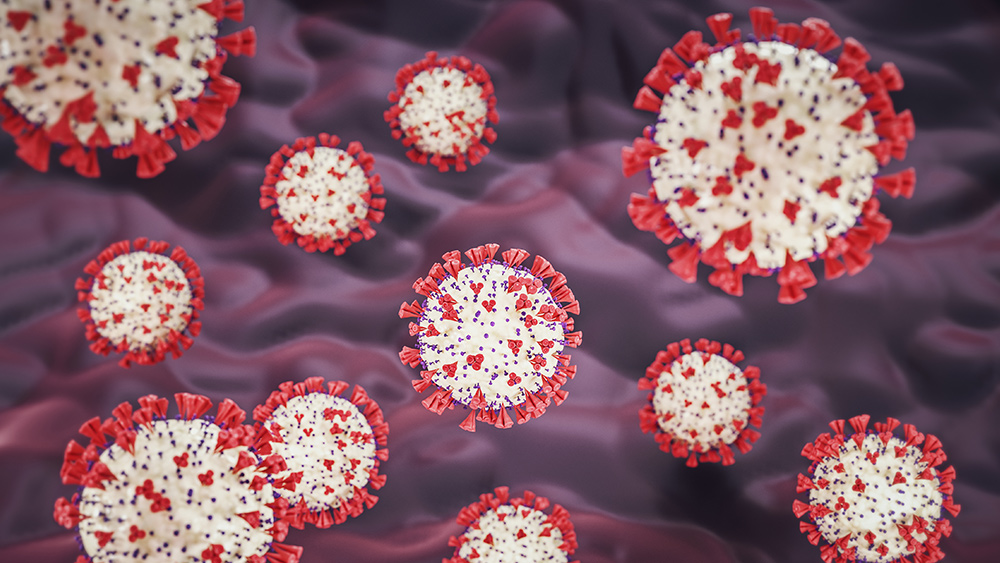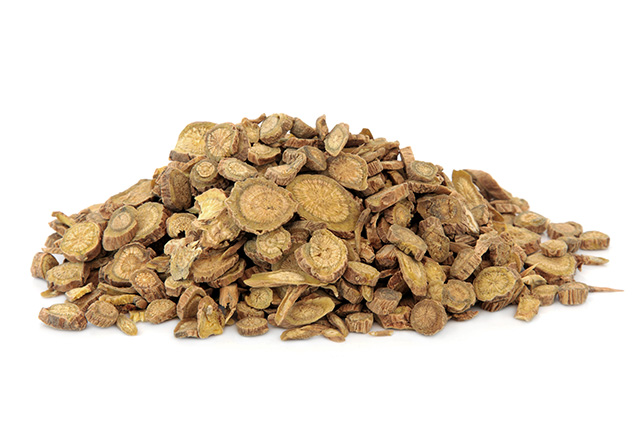Patients with certain cancers found to be at higher risk of death from coronavirus
04/30/2020 / By Franz Walker

People with blood and lung cancers are three times more likely to die from the coronavirus (COVID-19), according to a new study. The study also found that cancer patients were more likely to be admitted to intensive care units or require mechanical ventilation.
The research team, led by Zhongnan Hospital of Wuhan University, says that the findings could help doctors closely monitor COVID-19 patients with cancer. This would allow them to treat these patients as soon as they test positive, reducing the risk of them being hospitalized.
Cancer patients at higher risk
The study, published in the online journal American Association for Cancer Research – Cancer Discovery, looked at 641 patients from 14 hospitals in Wuhan, China — ground zero for the global pandemic. Of these patients, 105 had some form of cancer.
For the cancer patients, the study looked at risk factors including cancer type and severity, as well as the treatment that the patients were receiving.
The researchers expected that coronavirus patients with cancer would be at high risk of having severe symptoms, being admitted to the ICU or requiring a ventilator. However, they found that those with blood and lung cancer — regardless of the stage of their cancer — were more likely to die from COVID-19, compared to those with other forms of cancer.
The study found that patients undergoing immunotherapy and surgery were at higher risk of developing critical symptoms and death, compared to other therapies. Radiotherapy was the only treatment that did not show a significant difference in the number of so-called “severe events,” in comparison to patients without cancer. (Related: Cancer prevention: 6 Ways nature helps you fight cancer.)
Patients with stage IV cancer, where the cancer cells are widespread to other organs in the body, were also at high risk, regardless of the type of cancer involved.
In terms of their average stay in the hospital, COVID-19 patients with cancer also tended to stay longer. They averaged 27 days at the hospital compared to 18 days for those without cancer.
“These findings indicate that cancer patients appear more vulnerable to SARS-CoV-2 outbreak,” the authors wrote.
“Since this is the first large cohort study on this topic, our report will provide the much-needed information that will benefit global cancer patients,” they added.
The study did not look into why people with blood and lung cancers have higher death rates. However, the research team suggested that these patients have more compromised immune systems than those with other kinds of tumors.
Certain cancers, such as leukemia, lymphoma and myeloma are known to attack the immune system. As a result, patients with these cancers have reduced numbers of immune cells, making them more prone to severe infection.
In addition to this, patients with these cancers tend to be older, which is another risk factor.
Confirming long-held suspicions
The new study lends support to earlier suspicions that cancer patients were more vulnerable to the coronavirus. American Cancer Society (ACS) Deputy Chief Medical Officer J. Leonard Lichtenfeld stated that the study “reflects what we had heard previously — that cancer patients are more susceptible to the virus, and that the course of the infection is worse and the outcomes are worse.”
The study does paint a worrying picture for cancer patients during the ongoing pandemic. As healthcare systems continue to get overwhelmed by COVID-19, cancer patients find themselves pushed to the side. In New York City, over 1,000 patients have found that their cancer-related surgeries have been delayed.
According to Dr. Arnold Baskies, chairman of the Global Cancer Control Advisory Council for the ACS, doctors generally use a risk-benefit system to assess which patients need immediate treatment, based on guidelines put out by the governing societies of their individual specialties.
With the new study on the vulnerability of cancer patients to COVID-19, some of these guidelines may now need to be rethought.
Sources include:
Tagged Under: blood cancer, cancer, China, coronavirus, covid-19, Flu, infections, leukemia, lung cancer, lymphoma, myeloma, outbreak, pandemic, research, Study, superbugs, virus



















